Stephanie Deer said she can’t comprehend why some Utahns still aren’t taking the COVID-19 pandemic seriously.
Even those who aren’t sick could still have their lives changed forever and their families devastated by the collateral consequences of the pandemic.
She knows this because her sister is dead.
“I was at the hospital with my sister when her heart stopped. She was 47. She passed away from this. My sister did not have COVID. And her death, in large part, was caused by COVID,” Deer said on Thursday.
It wasn’t because of the virus that Laurie Pratt Terry was rushed to a hospital from her Herriman, Utah, home on Oct. 6. That night, her husband rolled over to wake Terry up after he thought she was having a nightmare because of her ragged breathing, Deer said.
Her face was blue.
She was having a heart attack. And every following minute would impact her chance of survival.
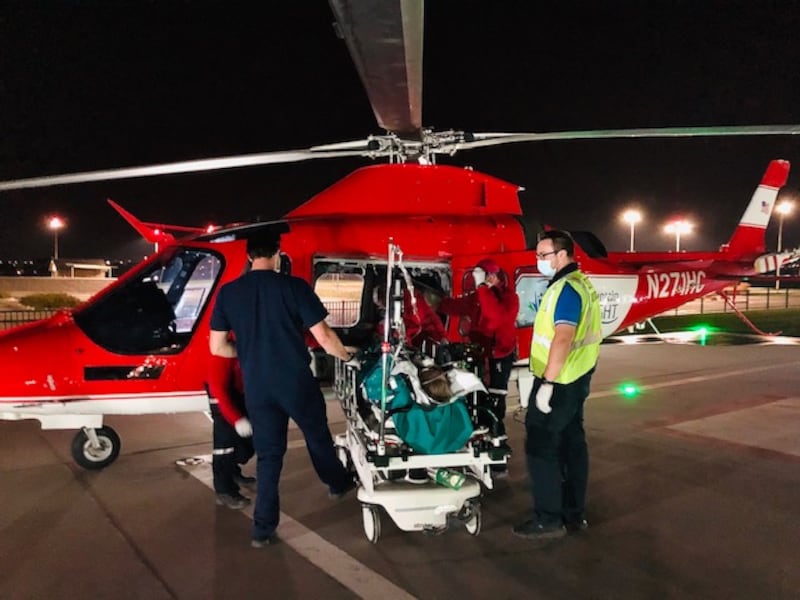
But when an ambulance got her to a Riverton hospital in under five minutes, where hospital workers scrambled to save her life, “jolting” her four times, Deer said, they also scrambled to find a critical care hospital that had the space to give her the medical help she needed.
“They did not know why her heart had stopped. They didn’t know what could have caused it, but they couldn’t find a hospital that could take Laurie because of COVID,” Deer told the Deseret News. “The doctor looked me in the face and said that. I watched nurses for three hours trying to call hospitals with a critical care unit that could take her.”
Will these stories change hearts and minds?
Deer is among the Utahns who agreed to share stories of how their lives changed forever because of COVID-19 during a virtual news conference with Salt Lake County Mayor Jenny Wilson on Thursday. The news conference kicked off a county campaign to amplify the impacts of COVID-19, which is overwhelming Utah’s hospital system and exhausting medical workers.
Deer was joined by Lisa O’Brien, a Utahn who is a lead organizer of a support group for hundreds of Utahns — and thousands of people across the U.S. — calling themselves COVID-19 “long-haulers,” or those considered recovered from active infections but still suffering chronic conditions that doctors are only just beginning to study.
Deer and O’Brien’s faces, voices and stories are now appearing in radio ads, TV ads, billboards and buses in the county-funded campaign.
Wilson, who became tearful while explaining COVID-19 has also impacted her friends and family, said the campaign arose “to a certain degree” out of “frustration” with Utah’s situation as it is now among the worst states in the nation when it comes to COVID-19 infections.
“We’re going to hear from people today who’ve had loss that is unimaginable,” Wilson said, thanking them for sharing their “heartbreaking” stories. “We see people in our state and our county right now who still deny the difficult situation we’re in. And it’s only sharing the truth whether it’s a spreadsheet or a personal story — that is going to help us move the needle right now.”
A sister, mother, gone
Deer’s voice quivered with emotion as she told her sister’s story, hoping it would make a difference — that it would change the hearts and minds of Utahns who are still trying to go about their lives business-as-usual and, to Deer, don’t understand “how vulnerable they are,” whether or not they catch COVID-19.
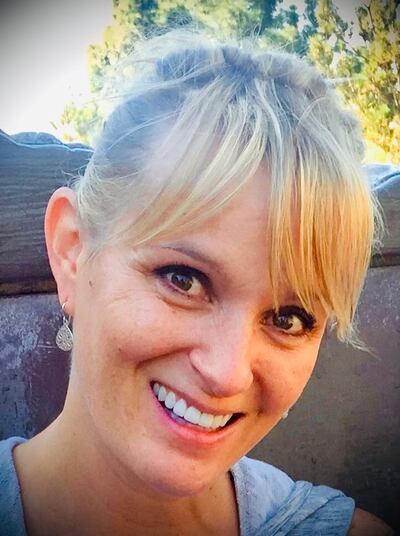
“When a doctor looks you in the face and they’re in tears telling you they can’t get critical care for your family member, I feel people need to know that,” Deer said. “I don’t want anyone to go through what my family is going through. What her 9-year-old son’s going through.”
After three hours of chest compressions, Deer said a hospital in Murray finally agreed to take her. There, hospital workers “debated whether or not she could be saved because of how long they had to do chest compressions,” but they decided to do whatever they could to save her because of her age, and they hooked her up to a heart-lung machine to keep her alive.
Eventually, Terry did wake up, Deer said.
“We talked to her for three to four days. She was herself,” Deer said, describing how her sister would talk to her and pined for a caramel macchiato, a cheeseburger and tea. “She was totally herself.”
But she was afraid to sleep, Deer said. Afraid that if she dozed off, she wouldn’t wake up.
Doctors had thought she was out of the woods, Deer said. “Then, all of a sudden, she stopped being able to feel things below her waist. And it spread up to her chest and neck.”
It was a blood clot, a doctor told Deer.
“He was in tears himself,” Deer said. “He said, ‘It was amazing she woke up and she was here with us.’ But three hours of chest compression caused Laurie to form microscopic clots in her tissues, and they gathered together. They killed her.”
“It was just too long,” Deer said of the time it took to get her sister the medical care she needed. “She wanted to raise her son ... and she would have made it.”
Terry died Oct. 29, two weeks ago, Deer said. And now, Utah’s hospital system is even worse off.
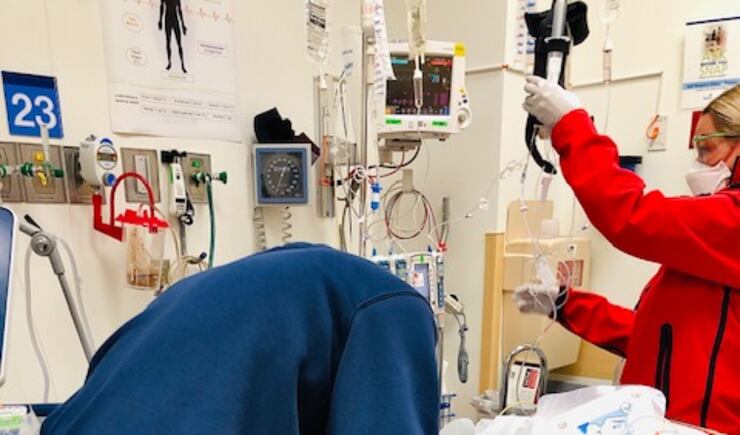
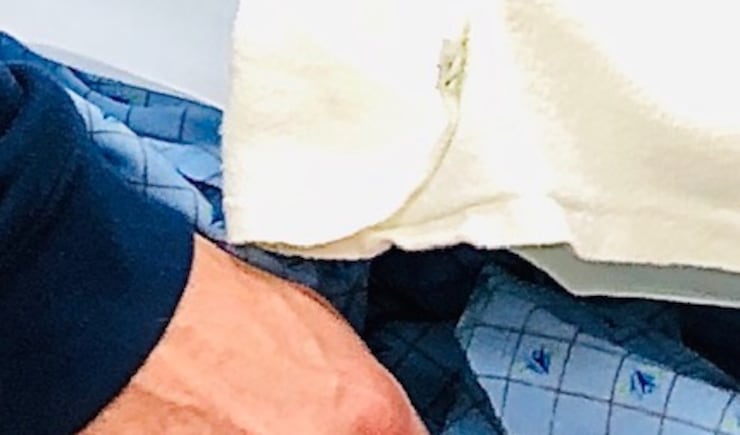
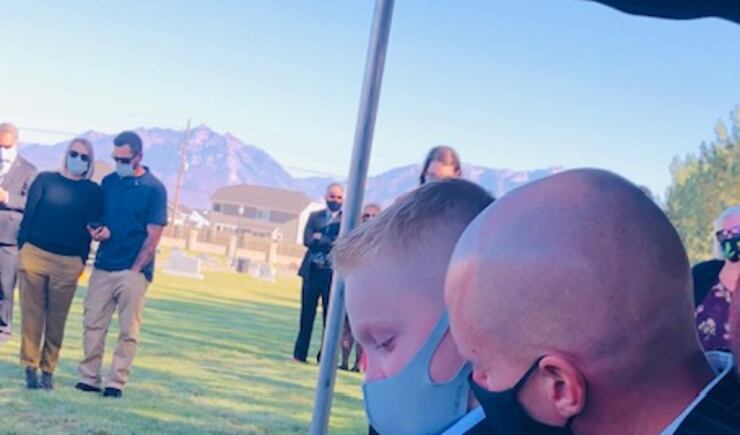
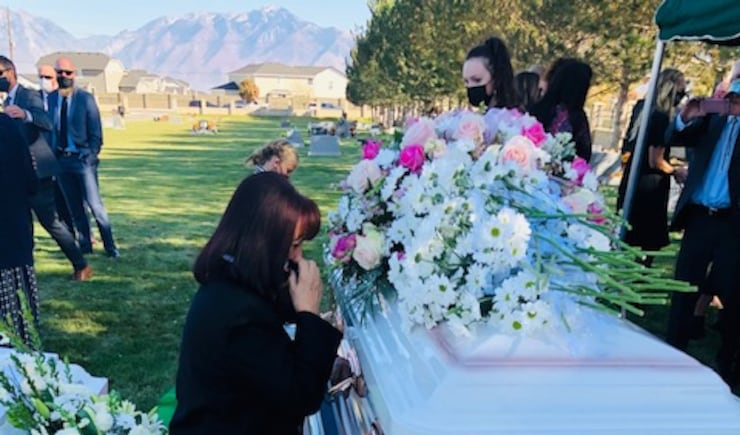
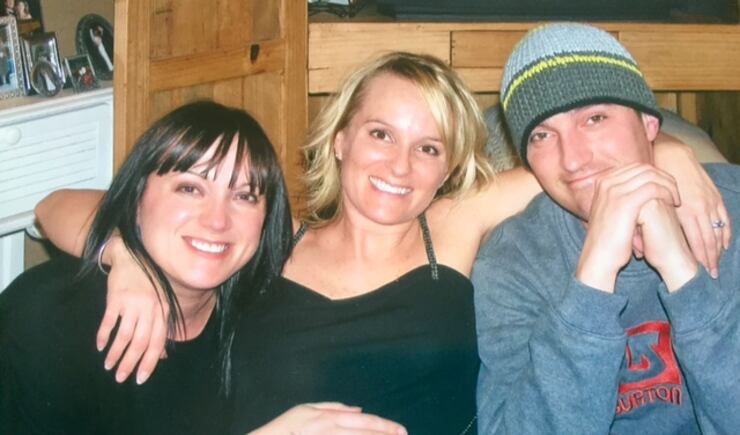
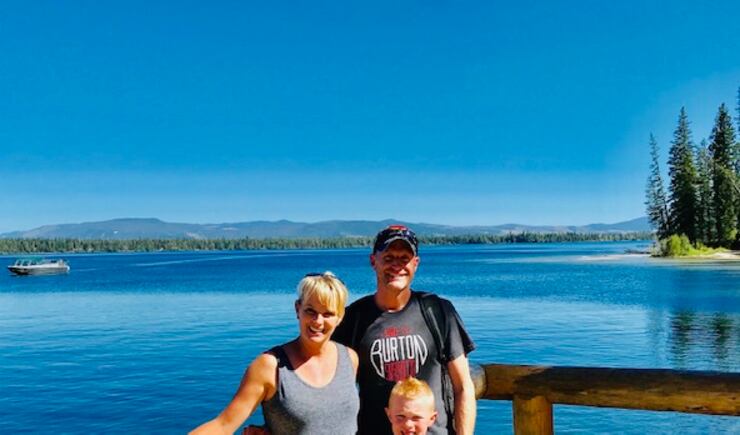
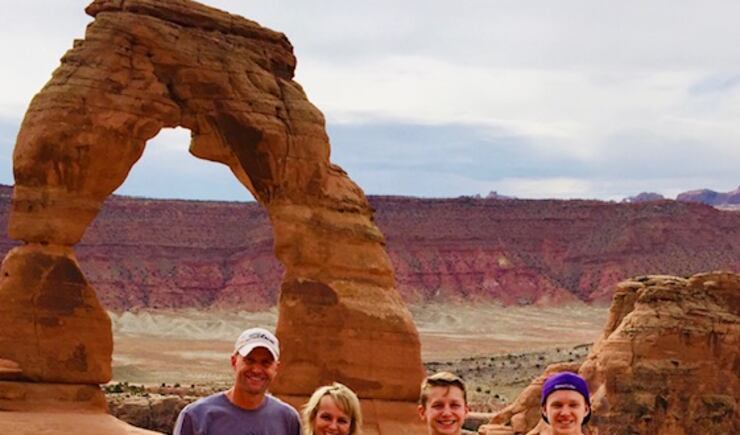
The week Terry fell ill, 208 people were hospitalized due to COVID-19. That number was 468 as of Thursday’s count, which also set a daily case record of 3,919. At least 687 Utahns have now died from the disease.
“So I know that there are people with COVID and without it, right now, that cannot get care,” Deer said.
She urged Utahns to “do more” than the restrictions Gov. Gary Herbert has put in place, which she still feels sends “mixed messages.”
“I’ve listened to neighbors, friends of mine, people who were at my sister’s funeral, who are trying to find loopholes in what the governor said so their kids can do club sports right now,” Deer said. “People don’t understand. I feel that they need to have more restrictions and they need to be more serious if they’re going to stop the spread in a way that can save people’s lives right now.”
The unknowns
For O’Brien, the “narrative” that “you either get COVID and get over it or you end up in the hospital and you possible don’t survive” is too simplistic and dangerously inaccurate.
“There’s this whole middle ground that hundreds of thousands of us are landing into,” O’Brien said, and that experience has been lonely and scary. “There’s not a lot of recognition. Not a lot of people know that this is happening. And I think, you know, the more we can share our stories the more people will take this seriously.”
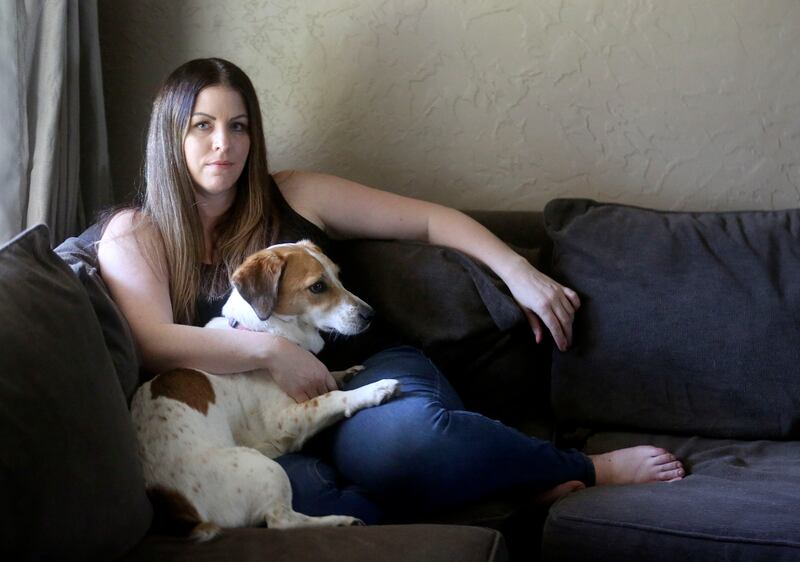
O’Brien, a 42-year-old Roy woman, told the Deseret News in August she first experienced the symptoms of the novel coronavirus after returning to Utah from a trip to Hawaii in March. After being told she didn’t need to get tested and to assume she had the infection — advice many received early in the pandemic when testing capacity was lower — O’Brien finally received a test two weeks after the onset of symptoms. She tested negative.
But the former mail carrier — who says that for 20 years she would walk miles a day, who goes on monthly trips and has no history of heart problems or any previous underlying conditions — started experiencing blood clots in her lungs and arms. She would wake up with an elevated heart rate. When she went into the emergency room, doctors often suggested she was simply experiencing anxiety — until they ran tests and found the blood clots.
Doctors still have little information about the long-term impacts of COVID-19. And it’s those unknowns that people should respect, O’Brien said.
“This is not the kind of virus that you want to just get just to get it over with,” she said, citing a recent University of Michigan study that found 25% of people with COVID-19 ended up with long-term effects.
“It does not matter if you’re young or old. There are so many of us that didn’t have underlying health conditions who ended up like this,” she said. “Most of us are in our 30s, 40s, and 50s. Doctors still are unsure what the trigger is. There’s no answers. We don’t know if this is permanent. We don’t know if we ever go back to who we used to be. This is not a virus that you want to roll the dice with.”
Now, through her self-created Facebook page Utah COVID-19 Long Haulers, O’Brien said she hopes to find “every Utahn that I can that is going through this.”
“The stuff that our bodies are doing, you feel crazy, you feel alone, and I don’t want anybody to have to go through it the way that I did,” she said. “And so I’m hoping to find more people to help.”








